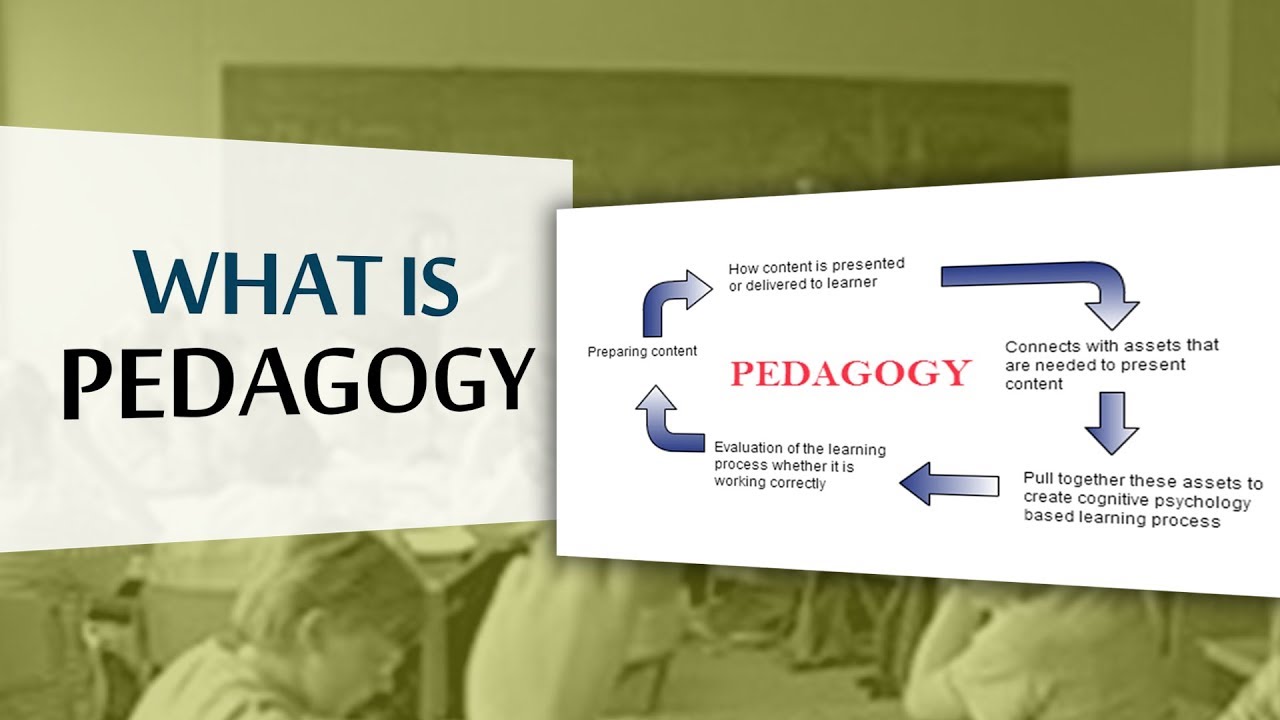What is Pedagogy Study – Smartbooks, Benefits
Pedagogy
Pedagogy is the study of how knowledge and skills are imparted in an educational context. It considers the interactions that take place during learning, and it is concerned with the aims of education and the ways in which such goals may be achieved.
Pedagogy is a broad field, and there are many different approaches to teaching. Some of the most common approaches include:
- Direct instruction: This approach focuses on the teacher providing clear and concise instructions to students.
- Constructivism: This approach emphasizes the role of the learner in constructing their own knowledge.
- Problem-based learning: This approach involves students working together to solve problems.
- Inductive learning: This approach starts with concrete examples and then leads students to abstract concepts.
- Deductive learning: This approach starts with abstract concepts and then leads students to concrete examples.
The best approach to pedagogy will vary depending on the subject matter, the students, and the teacher’s own preferences. However, there are some general principles that are important to keep in mind when designing a pedagogical approach.
- Start with the learner: The first step is to understand the learner’s prior knowledge and skills. What do they already know about the subject matter? What are their interests? What are their learning styles?
- Set clear goals: What do you want students to learn? What are the specific learning outcomes?
- Choose appropriate methods: There are many different teaching methods available. The best method will depend on the subject matter, the students, and the teacher’s own preferences.
- Provide feedback: Feedback is essential for learning. Students need to know how they are doing and what they need to do to improve.
- Be flexible: The best teachers are flexible and willing to adapt their teaching methods based on the needs of their students.
Pedagogy is a complex and ever-evolving field. There is no single “right” way to teach, and the best approach will vary depending on the context. However, by keeping the principles of good pedagogy in mind, teachers can create effective learning experiences that help students achieve their full potential.
In addition to the general principles of good pedagogy, there are a number of specific pedagogical approaches that have been shown to be effective in different contexts. Some of these approaches include:
- Active learning: This approach involves students engaging in hands-on activities and problem-solving exercises.
- Collaborative learning: This approach involves students working together in groups to learn from each other.
- Experiential learning: This approach involves students learning through real-world experiences.
- Project-based learning: This approach involves students working on long-term projects that require them to apply their knowledge and skills.
These are just a few examples of the many different pedagogical approaches that can be used to create effective learning experiences. The best approach will vary depending on the subject matter, the students, and the teacher’s own preferences. However, by keeping the principles of good pedagogy in mind, teachers can create effective learning experiences that help students achieve their full potential.
The future of pedagogy is likely to be shaped by a number of factors, including:
- The increasing availability of technology: Technology can be used to create more engaging and interactive learning experiences.
- The changing demographics of the student population: The student population is becoming more diverse, and teachers will need to develop pedagogical approaches that are effective for all learners.
- The growing emphasis on lifelong learning: In the future, people will need to be able to learn new skills throughout their lives. Teachers will need to develop pedagogical approaches that help students become lifelong learners.
The field of pedagogy is constantly evolving, and there is no doubt that the future will bring new challenges and opportunities. However, by keeping the principles of good pedagogy in mind, teachers can continue to create effective learning experiences that help students achieve their full potential.





